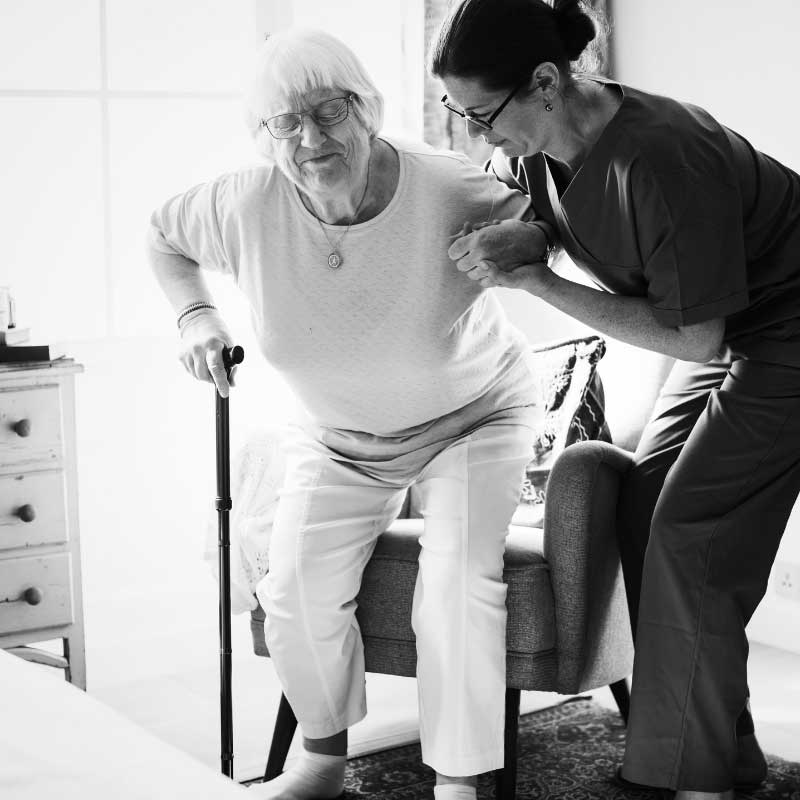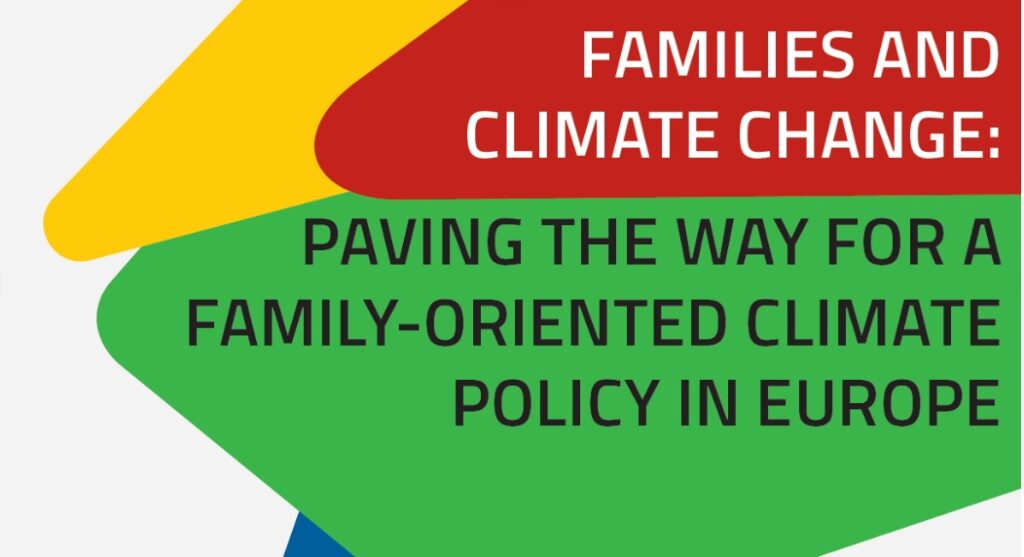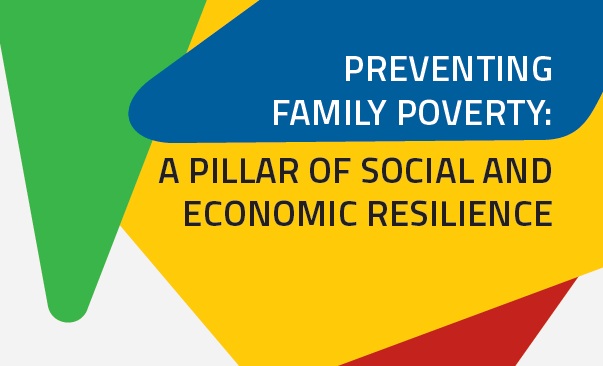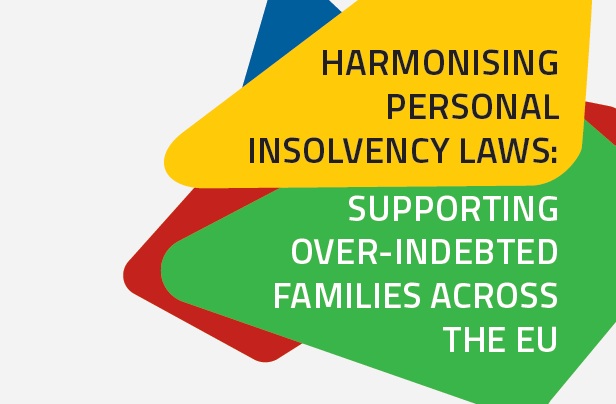It has been years since COFACE Families Europe and COFACE Disability are working on informal care, affecting the life of many European families. This led to the publication of the “European Charter for Family Carers”, which defined family carers as anyone who is not a professional caregiver and by default or choice cares for a person with care or support needs in his/her immediate circle. The Charter calls for policy action to ensure better quality of life for caregivers and persons in need of care through a number of initiatives, including the legal recognition of family carers, the right to respite and the right to choice. In 2017, more than 1000 respondents contributed to “Who Cares? Study on the Challenges and Needs of Family carers in Europe” that highlighted the need for community-based services, financial support, social security, reconciliation measures, more user-friendly administrative procedures, health prevention, involvement, inclusion and awareness raising.
As a next step COFACE is focusing on Long-Term care (LTC), addressing persons who as a result of mental and/or physical frailty and/or disability need support in daily activities over a prolonged period of time. LTC is provided at 80% by family carers in Europe who represent 10% up to 25% of the total population in Europe. Family carers are mostly women, who due to the lack of support, often have to reduce or stop their participation to the labour market, with consequences on gender-pay gap and gender-pension gap and on the quality of life, social inclusion and wellbeing of their families as whole.
As the population is ageing the need for long-term care will increase in the next years and needs responses from European and national policy makers. Principle 18 of the European Pillar of Social Rights states that everyone has the right to affordable long-term care services of good quality, in particular home-care and community-based services, but the 2018 Country Specific Recommendations which addressed long-term care looked mainly at its financial aspect, requesting Member States to contain costs and to look at the financial sustainability of the sector.
In its policy paper, COFACE Families Europe looks at the family dimension of long-term care promoting a holistic approach taking into account roles, needs and rights of both care recipients and caregivers.
In its recommendations COFACE advises Member States to reform policies by combining the availability of affordable, sustainable and quality community based services for persons in need of care and informal carers, with the recognition of carers (giving them the possibility to access financial compensation social security measures for their care work), work-life balance for working carers and improvement of working conditions in the formal care sector.
The European Union has an important role to play, by driving policy reform towards more holistic long-term care and mainstreaming long-term care in current and future European policy initiatives such as the new European Disability Strategy. The EU can set minimum standards by adopting and consolidating legal measures like the Work-Life Balance Directive which will improve the social protection of family carers and of persons in need of care. Data collection can be improved by developing adequate indicators and related targets on LTC looking also at its gender dimension. The European Semester can be an effective tool to monitor and evaluate national reforms with a view to implement the Social Pillar and European Funds can improve research and innovation in the sector and support local-level organisations in building holistic long-term care services for families.
You can find the complete position paper here





